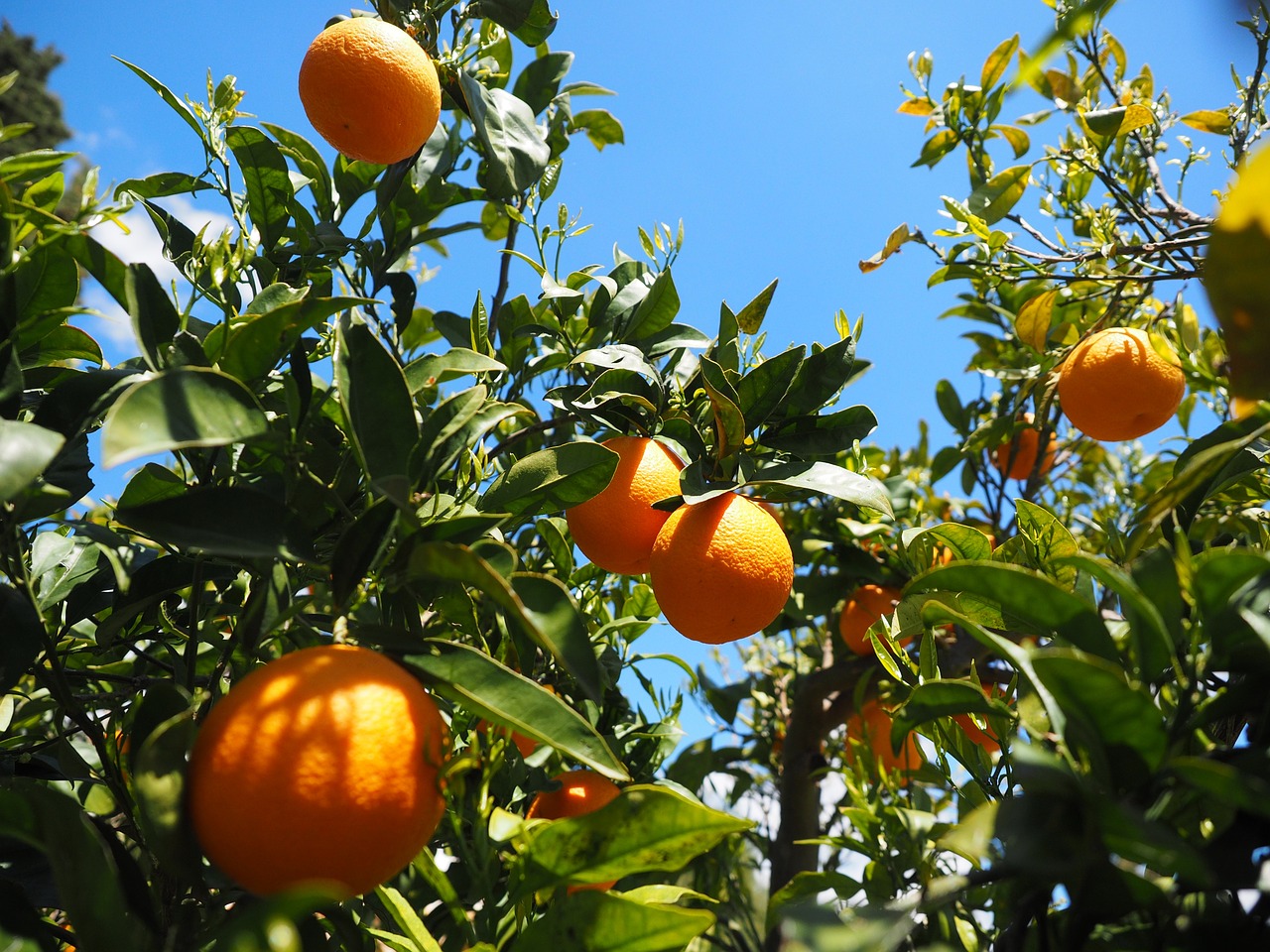See recommendations by UF/IFAS experts on best management practices for dealing with foliar diseases for Florida citrus growers.
Foliar diseases were thankfully of low incidence in Florida citrus groves last year, but conditions could change at any moment and such diseases could be a big problem. In an effort to help citrus growers prepare for foliar fungal disease outbreaks, two UF/IFAS researchers shared recommendations for combating such diseases in a Citrus Industry article. See the highlights below.
Combating Foliar Diseases
The article advised the treatments for the following foliar diseases:
Citrus Canker. “The best management practice continues to be copper sprays at ≥ 0.5 pounds per acre every 21 days or following the Citrus Copper Application Scheduler copper model (http://agroclimate.org/tools/citrus-copper-application-scheduler) while fruit is at risk of fruit drop-inducing cankers (through June for Hamlins) or quality downgrade (through October for grapefruit). Blockade can also be used postbloom before favorable conditions to reduce inoculum for fruit infections, but it is not a replacement for a copper program.”
Greasy Spot. “The most economical product for greasy spot control remains copper, particularly for rind blotch and groves with canker. Be mindful that high temperatures (> 94 F) and dry conditions promote copper phytotoxicity on fruit.”
Melanose. “Copper is highly economical for melanose control because of long residual activity, but fruit expansion and rainfall erode the protection. The copper model improves copper application timing by estimating copper residue on the fruit surface, leading to better control of melanose and other diseases.”
Citrus Black Spot. “Several fungicides are recommended for black spot management, including the strobilurin fungicides, Enable, copper and the pre-mixes Amistar Top and Pristine. Copper applications for canker will also control black spot. However, most late-harvest oranges, principally Valencia, need additional applications for black spot. Any noncopper-containing fungicides are recommended where phytotoxicity is a concern or if there was severe disease the previous season.”
Postbloom Fruit Drop. “Fungicide efficacy greatly improves when well timed. A new PFD forecasting tool (http://agroclimate.org/tools/cas), released in January 2018, is simple to use and will improve application timing. All the recommended treatments contain a strobilurin. The straight strobilurin fungicides, tank-mixed with Ferbam, still give the best control. Strobilurins have resistance risks, but the last six years of trials have not yielded any further modes of action. Copper is generally ineffective.”
Griffin Fertilizer is committed to helping both growers and ranchers make sound agronomic and economic decisions in order to maximize the health of their grove and pasture. As a full-service custom dry & liquid fertilizer blender and crop protection product distributor, we will continue our mission to further advance Florida agriculture. For questions or concerns about your farm or pasture, contact us and one of our team will be in touch.

